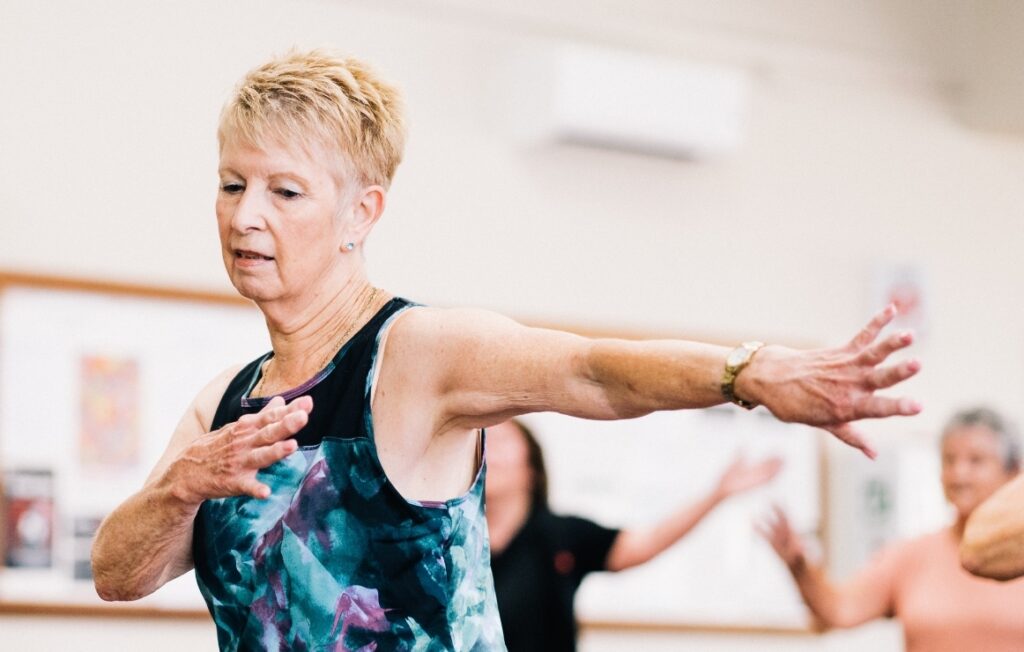Home / Managing frailty
FRAILTY
Managing frailty
Frailty management is a multidimensional approach to improving the health and wellbeing of people who are frail.

It is a collaborative effort that involves the person with frailty, their family, and healthcare providers.
The goal of frailty management is to prevent or delay the onset of serious health problems, to improve functional ability, and to enhance quality of life.
Frailty management can be tailored to an individual’s needs and can include a variety of interventions, such as:
Exercise
Exercise is one of the most important interventions for frailty management. It can help to improve muscle strength, balance, and endurance.
Nutrition
Good nutrition is essential for overall health and well-being. People living with frailty may need help to ensure that they are getting enough calories, protein, and other nutrients.
Medication management
People living with frailty, such as older adults, often take multiple medications, which can increase the risk of side effects. Medication management can help to ensure that the older adult is taking the right medications at the right doses.
Fall prevention
Falls are a major risk for frail older adults. Fall prevention interventions can help to reduce the risk of falls and their consequences.
Social support
Social isolation can contribute to frailty. Social support interventions can help to connect people with their community and to provide them with emotional support.
Frailty management is an ongoing process that requires regular assessment and adjustment of the interventions. The goal is to improve the health and well-being of the frail person, and to help them to live as independently as possible.



